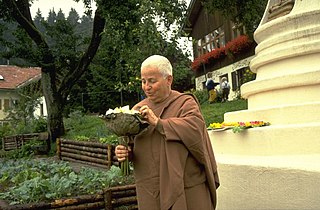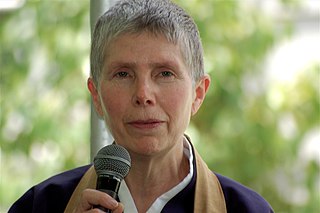A Quote by Sharon Salzberg
Mindfulness needs to not be judgmental to really be mindfulness, which means it needs a basis of loving kindness.
Quote Topics
Related Quotes
I have seen that there are a number of people who benefit from doing loving kindness meditation, either prior to or along with mindfulness meditation. It varies from person to person of course, but for many, their practice of mindfulness will bring along old habits of self-judgment and ruthless criticism, so it is not actually mindfulness.
In Asian languages, the word for 'mind' and the word for 'heart' are same. So if you're not hearing mindfulness in some deep way as heartfulness, you're not really understanding it. Compassion and kindness towards oneself are intrinsically woven into it. You could think of mindfulness as wise and affectionate attention.
In Asian languages, the word for mind and the word for heart are same. So if you’re not hearing mindfulness in some deep way as heartfulness, you’re not really understanding it. Compassion and kindness towards oneself are intrinsically woven into it. You could think of mindfulness as wise and affectionate attention.
You are a Buddha, and so is everyone else. I didn't make that up. It was the Buddha himself who said so. He said that all beings had the potential to become awakened. To practice walking meditation is to practice living in mindfulness. Mindfulness and enlightenment are one. Enlightenment leads to mindfulness and mindfulness leads to enlightenment.
Mindfulness is not just a word or a
discourse by the Buddha, but a
meaningful state of mind. It means
we have to be here now, in this very
moment, and we have to know what
is happening internally and
externally. It means being alert to
our motives and learning to change
unwholesome thoughts and
emotions into wholesome ones
Mindfulness is a mental activity that
in due course eliminates all
suffering.
We can have skills training in mindfulness so that we are using our attention to perceive something in the present moment. This perception is not so latent by fears or projections into the future, or old habits, and then I can actually stir loving-kindness or compassion in skills training too, which can be sort of provocative, I found.




























